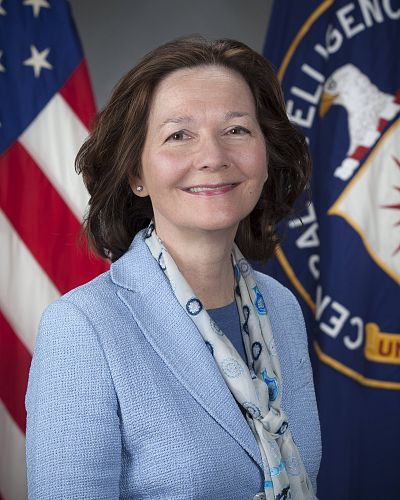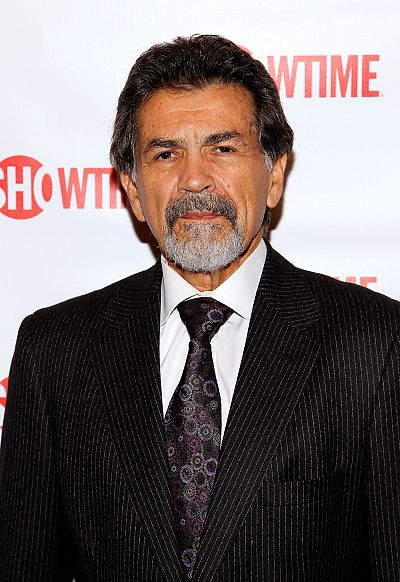The government may soon declassify some documents that would provide answers on what Gina Haspel did at a CIA black site after the 9/11 attacks.
WASHINGTON — Some lawmakers are pushing to declassify documents that could shed light on the role that President Trump's pick to be the new CIA director played in the agency's torture program after the 9/11 attacks.
Current and former intelligence officials tell NBC News that Gina Haspel, Trump's choice to replace Mike Pompeo, became chief of base in 2002 of one of the first CIA "black sites," a secret prison in Thailand at which al Qaeda detainees were subjected to techniques that President Obama and others labeled torture.
She also helped execute an order by her boss, clandestine services chief Jose Rodriguez, to destroy videotapes of some of those interrogations, officials say.
However, exactly what role she played in the covert program remains classified, and has been the subject of misreporting, current and former officials say.
For example, several media outlets have reported that she was present at the interrogation of Abu Zubaydah in Thailand, who was subjected to arguably the most brutal interrogations of any detainee.
The sessions were so gruesome, a 2014 Senate report said, that some CIA officers who witnessed them broke down in tears and later asked to be transferred.
But current and former American officials say Haspel was not on hand for or involved in that interrogation and became chief of the base in Thailand after it occurred.
After Haspel arrived, a Saudi terror suspect named Abd al-Rahim al-Nashiri was brought to the facility and subjected to water boarding at least three times, the Senate report said.
CIA contract psychologist Bruce Jessen crafted a plan for the use of "enhanced interrogation techniques" on al-Nashiri, but a dispute developed over whether they would work.
The CIA's chief of interrogations emailed colleagues to say that "he would 'no longer be associated in any way with the interrogation program due to serious reservation[s] [he had] about the current state of affairs,'" and that the CIA program was "a train (wreck) waiting to happen," according to the Senate report.
The unnamed CIA officer rafted a cable expressing his "serious reservations with the continued use of enhanced techniques with [al-Nashiri] and its long term impact on him," the Senate report says, adding that "continued enhanced methods may push al-Nashiri over the edge psychologically."
Officials at CIA headquarters overrode the warning and "approved a plan to reinstitute the use of the CIA's enhanced interrogation techniques against al-Nashiri," who was later diagnosed with "major depressive disorder," the report said.
Another CIA interrogator concluded that al-Nashiri provided "essentially no actionable information," the report said.
Where Haspel figured in that dispute — and whether she sided with or against those who were raising concerns about the treatment of al-Nashiri — is something lawmakers on the Senate Intelligence Committee will want to explore during her confirmation hearing, according to a Democratic Senate aide.
Haspel is currently the deputy CIA director, a job that did not require Senate confirmation. President Donald Trump has expressed support for water boarding and other torture techniques, but his top national security officials have testified that they are against resuming any such program.
Some Democrats, including Sen. Ron Wyden of Oregon, have already said thew would oppose Haspel, and Republican Sen. John McCain, who was tortured as a prisoner-of-war in Vietnam, has raised concerns.
"The torture of detainees in U.S. custody during the last decade was one of the darkest chapters in American history," he wrote on Twitter. "The Senate must do its job in scrutinizing the record & involvement of Gina Haspel in this disgraceful program."
But Sen. Dianne Feinstein, D-Calif., who was the driving force behind the 2014 report, seemed to suggest her mind was open.
"I look forward to speaking again with Gina Haspel about the role she would play and how she would run the CIA," Feinstein said in a statement. "It's no secret I've had concerns in the past with her connection to the CIA torture program and have spent time with her discussing this. To the best of my knowledge she has been a good deputy director and I look forward to the opportunity to speak with her again."













